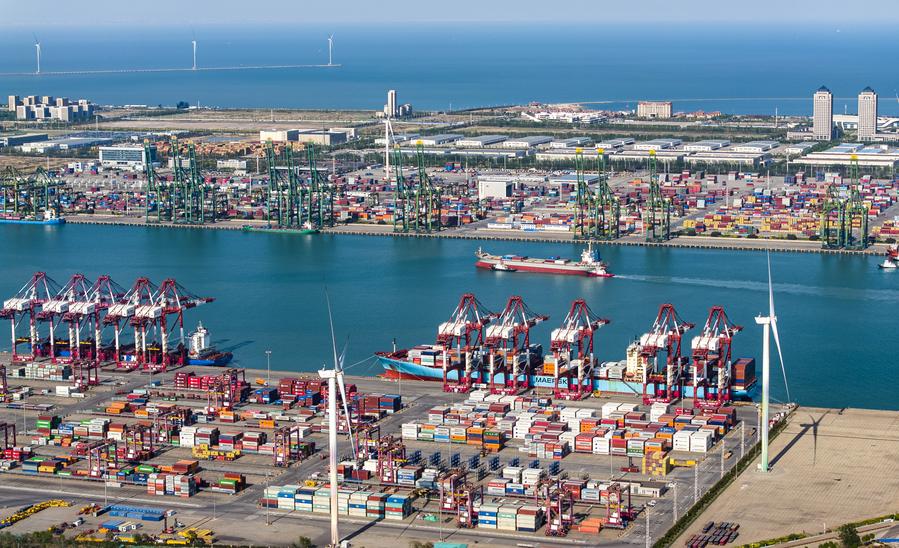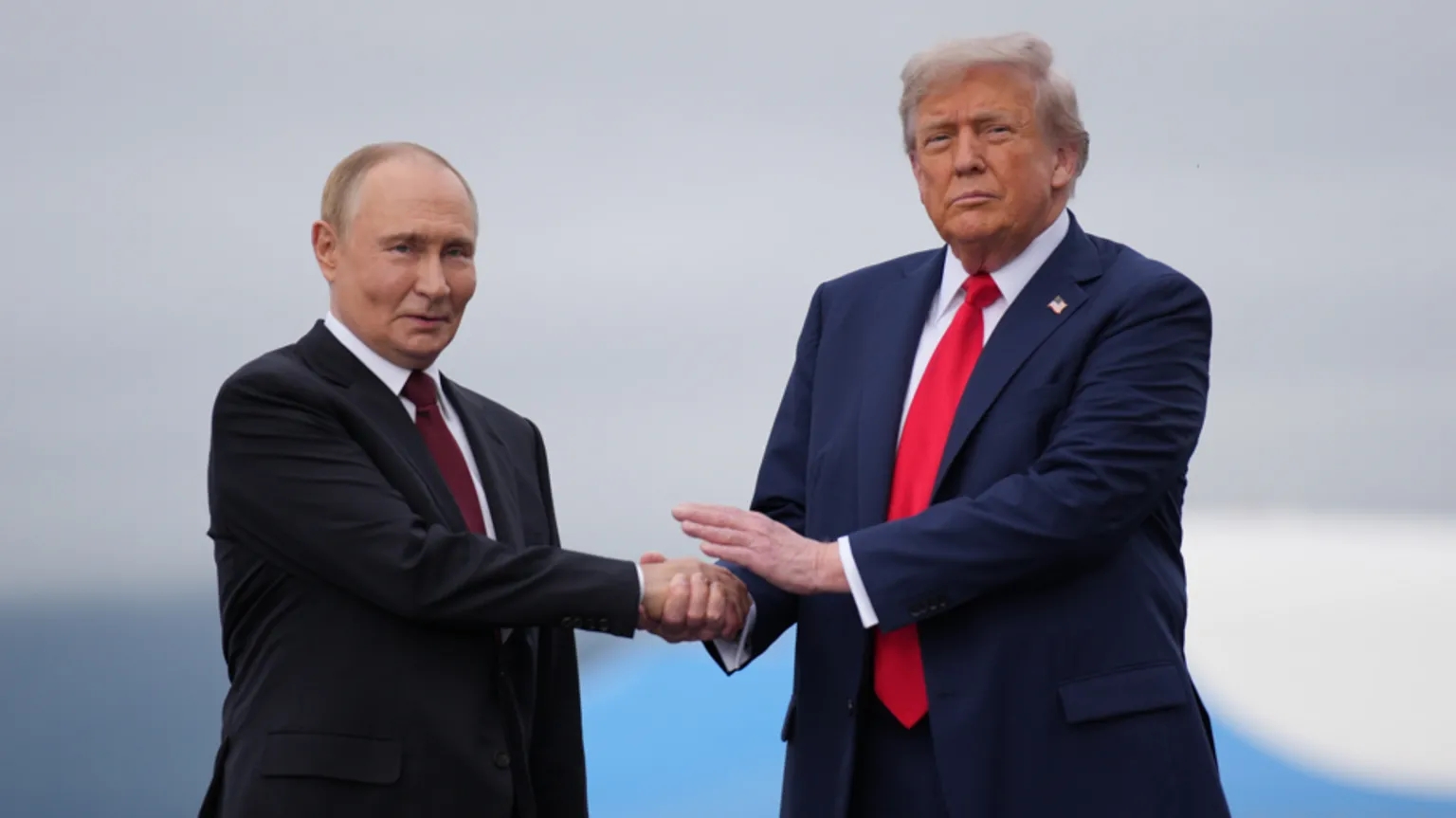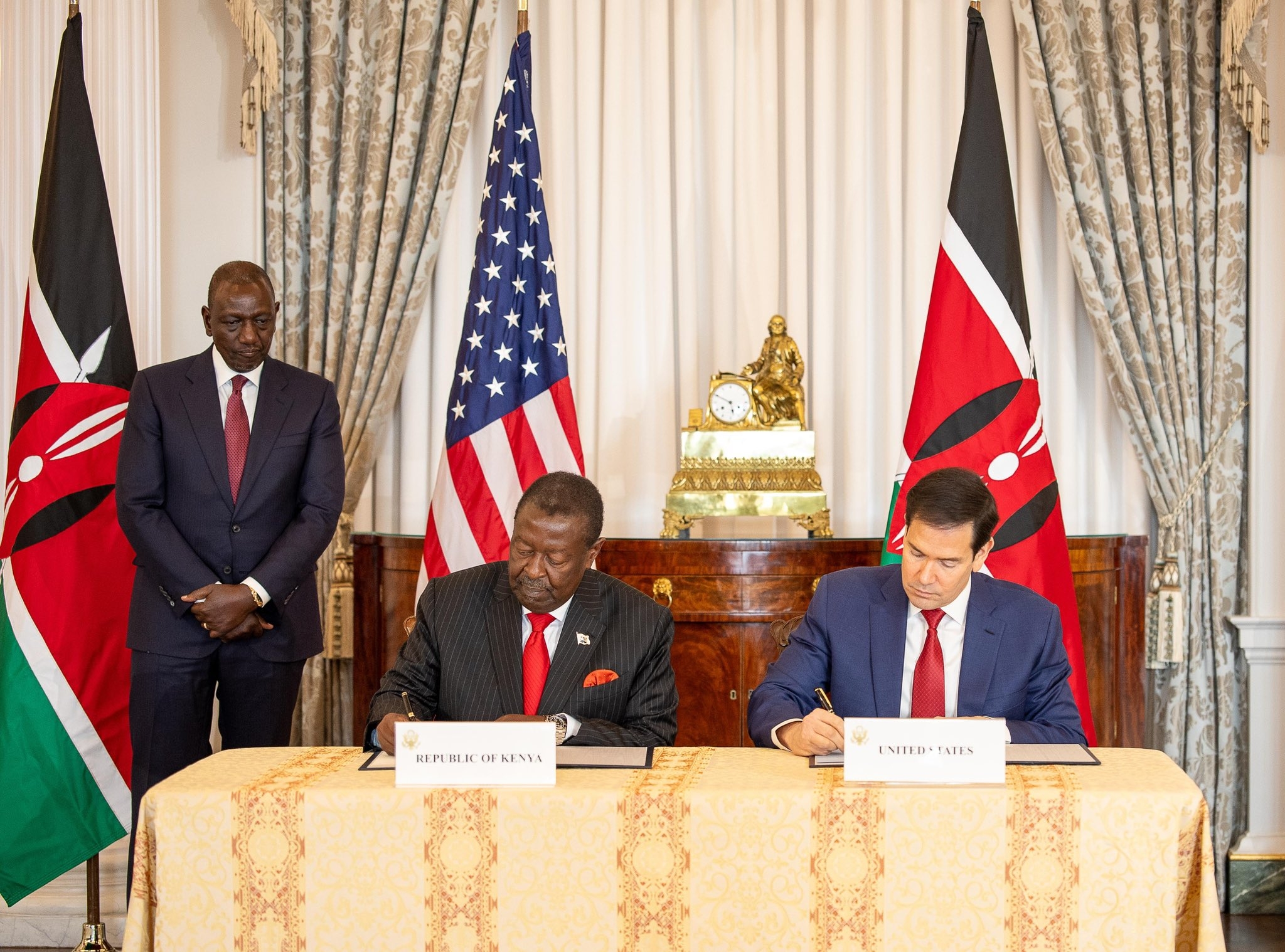
 An aerial drone photo taken on April 25, 2025 shows a cargo ship navigating at Tianjin Port in north China's Tianjin. (Xinhua/Zhao Zishuo)
An aerial drone photo taken on April 25, 2025 shows a cargo ship navigating at Tianjin Port in north China's Tianjin. (Xinhua/Zhao Zishuo)
A key strength of
China’s economy is the rapid expansion of the "new quality productive
forces," particularly in high-tech sectors. Industrial value-added output
surged 5.2 per cent year-on-year in August 2025, with manufacturing up 5.7 per
cent and high-tech manufacturing leading at 9.3 per cent. Key subsectors like
smart vehicle equipment (up 17.7 per cent), electronic components (13.1 per
cent) and integrated circuits (23.5 per cent) underscore the digital
empowerment and AI-driven transformation.
The enduring external pressures, such as United States trade frictions and a faltering global economy, have not derailed China's trade performance. Total foreign trade grew 3.5 per cent year-on-year in the first eight months of 2025, marking the third consecutive month of simultaneous export and import expansion. This growth stems from a diversified structure, with robust increases in trade with regional blocks such as the European Union, ASEAN, BRICS and Africa; particularly Belt and Road Initiative partners.
The strengths of China’s economy, rooted in innovation, policy responsiveness and market depth, has enabled Beijing to achieve steady progress, with August 2025 data showing consistent improvements across production, retail, investment, and trade. As policies continue to unfold, including intensified fiscal support, the economy is poised to inject greater certainty into the global arena, going forward. This is certainly good news for African countries, which today, have in the China, the largest trade partner, leading source of foreign direct investment, and top financier of development projects.
In tandem with its internal vigour, China's economic model and global engagement make it an unparalleled partner for African nations, offering comprehensive, mutually beneficial cooperation that transcends traditional aid. This partnership is particularly vital today, as African countries grapple with post-pandemic recovery, climate challenges, and the need for infrastructure-led growth. China's approach emphasises trade, investment, and capacity building, delivering tangible outcomes that align with Africa's development agendas like Agenda 2063.
Africa-China trade has been a bright spot in Beijing's overall foreign trade surge, with imports and exports growing steadily in the first eight months of 2025. This reflects deeper integration via BRI projects, which have enhanced connectivity and market access for African exports. This trade has helped African countries diversify from over-reliance on commodities, fostering job creation and revenue for reinvestment in social services.
China's investments in Africa which are often through public-private partnerships, transfer technology and skills, empowering local workforces in the continent. Amid global supply chain disruptions, these initiatives have proven resilient, with Chinese firms contributing to Africa's green energy transition.
Additionally, Beijing’s partnership with Africa extends to soft infrastructure, mirroring its domestic successes in public welfare. During the Covid-19 era and beyond, China supplied vaccines and built hospitals across Africa, while initiatives like the Forum on China-Africa Cooperation continue to commit billions to education and healthcare in the continent.
As global powers
impose tariffs or withdraw investments, China's steady economic growth provides
African partners with a dependable anchor. The 3.5 per cent trade uptick with
Africa in early 2025, despite headwinds, underscores this reliability. By
promoting South-South cooperation, China helps Africa navigate US-China
frictions, ensuring diversified partnerships that enhance bargaining power and
economic sovereignty.
China's blend of economic scale, technological prowess, and equitable engagement positions it as Africa's most promising ally. This relationship not only accelerates Africa's leapfrog development but also reinforces global stability, as thriving African markets in turn bolster China's diversified trade strategy.
The writer is a scholar of international relations with a focus on China-Africa Development Cooperation. X: @Cavinceworld

















